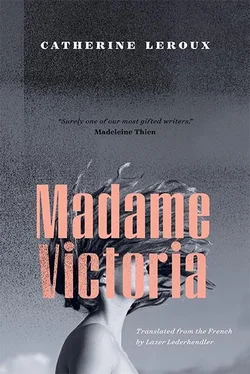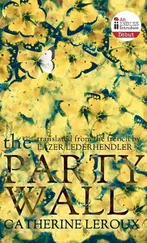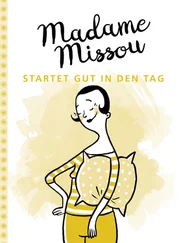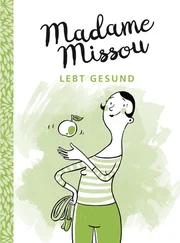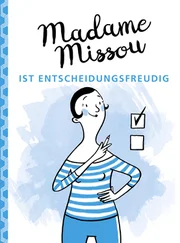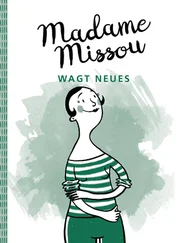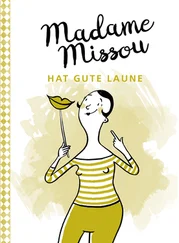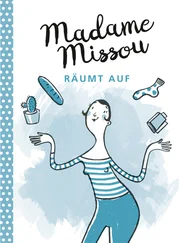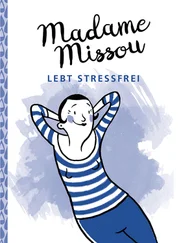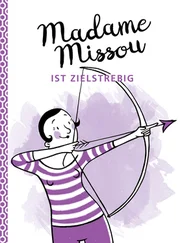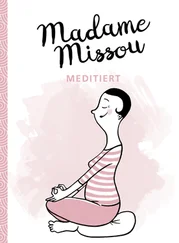Her mother had said, “If you become a mother now you’ll never be a woman. You’ll always be lagging behind, depending on everyone else. Having a child means coming to a stop. You can’t stop before you’ve finished doing what you have to do. What you have to do to be an adult.” It’s true. She still doesn’t have her driver’s licence. She can’t cook. She hasn’t finished school, and she wouldn’t be able to fill out a tax return. But contrary to her mother’s prediction, she doesn’t depend on anyone. That’s the condition she set for herself to have this child. Everyone was against it, so she did it alone.
At night, the little one sleeps for a longer time. Three, sometimes four hours in a row. She still wakes up every two hours, like an animal trained to stand guard, heavy-eyed, dense heat throbbing under her skin. She rises, tries to tidy up a little. The objects in her apartment are as light as goose down, so adrift that they settle somewhere else as soon as she’s put them back where they belong. In the middle of the night she fixes herself some bread and jam, which she eats standing by the window. She thinks she can hear the crash of the spring breakup as the ice batters the shoreline, the grind of twisted metal deep below the surface, when the shipwrecks grind their teeth. Spring is on its best behaviour but she’s knows it’s too soon to celebrate. There’s always a relapse when everybody is sure it’s over.
The only one who hadn’t condemned her decision was her father. That’s how he was, irresponsible and muddled, brimming with feelings of love that would well up chaotically without always reaching the people who were counting on him. He had many flaws but he could never greet the arrival of a new life with anything but joy. He would have kissed her on the forehead, he would have said “my big girl,” adding something about the ton of happiness that was about burst into their lives. He would have uncorked a bottle, insisting she make an exception and share a toast with him, taken her to Forestville and spent his pay on little yellow, blue, and green pyjamas.
Too bad he missed this. If he weren’t crammed inside an urn he would have given her a reason to stay. She would have moved in with him, and the others eventually would have come to terms with it. Her mother would have realized how well she cares for her baby. Her friends would have paused their cycle of quarrels and faded love affairs to gush about her newborn’s beautiful agate-coloured eyes. Her sister would have agreed, for once, to tear herself away from her beloved campus to spend her vacations in the village and help her remember those wonderful lullabies that melt in your mouth and float above the crib. Victor would have left his new lover on seeing how kind, strong, and brave his son’s mother was. She smiles as she imagines her triumph, although she knows things would never have turned out that way.
Love is exponential and she anticipates the moment when her heart will explode. When she harks back to what she felt for her baby just after he was born, it seems to pale in comparison with how complex, how intense her feelings have since become. Whenever she thinks she’s reached a plateau, to her astonishment she finds her adoration rising even higher; each time her child accomplishes some new feat her motherly love soars, and on and on it goes. When she hugs him, her cheeks glow red, like a sweetheart. Sometimes it seems she can still feel him kicking inside her. He’s both inside and outside. He is everywhere.
The neighbours are getting curious, stopping on her landing as they go downstairs, ears on the alert when they come back up. The creaking of the building sends out messages, questions, suppositions that stay poised on their lips. They’re old and grey or young and plump, they whisper in their bathtubs, the murmur crawls along the plumbing, shuts itself inside the kitchen cabinets. Victoria accepts the idea they are talking about her, knows she’ll have to come out one day, greet them, introduce her baby to them, let them pinch his cheek. But not right away. She’s still bleeding and winter isn’t over yet.
In fact, it has started snowing again. There’s over a foot of it on the ground as she plunges her hands into the greasy water to wash things that all seem unnecessary to her. The infant is fidgeting in his playpen while he waits for his meal. By the time she sits down to nurse a new layer of snow has covered the pavements that were shovelled just an hour ago. Victoria shrugs as she cuddles her baby against her stomach. It’s nice and warm in here. She pats his back, wipes his chin, sings a soothing tune, and kisses him on his eyelids by way of saying good night. Then she nestles into her armchair to watch the storm. The snowflakes fall so thickly, as if someone were shaking the fluff out of a piece of clothes in front of the window. Numbness comes over her, a huge, irresistible fatigue such as she hasn’t felt for months. She curls up and goes to sleep.
She sleeps for six hours. Seven hours. Ten hours. The morning finds her aching from a whole night spent in that uncomfortable position. She stretches and watches the daylight creeping in and she doesn’t understand. It snowed. She slept. Slept far too long.
The child is still lying on his back, his blanket barely creased. His hands are closed as though hiding precious gems, and his arms are perfectly still. Perfectly still. She lays her hand on his round stomach. Perfectly still.
She knows such things happens sometimes, but you must keep them at a distance, at the far end of a pole, an idea pinned up in a corner of your head that you never visit. You mustn’t think of it even if you’re always thinking of it. The greater your love, the greater your fear, the more you must be convinced that nothing can harm you.
He doesn’t move. His chest doesn’t rise. Her finger under his little nose doesn’t find the damp warmth she expects. His foot inside the woollen sock is cold. After a very long time, she takes hold of his body, and right then, at that moment, there can be no doubt anymore. Her baby is as light and limp as a doll, like a lifeless treasure.
She lies down on the floor, places him next to her and says, “Come on, my dove, my puppy, you can do it. Say something to mommy, anything. Squeeze mommy’s finger. Open your eyes, my love. Look at mommy. See how I much I love you, how much we love each other. We have to stay together always, always.” But he stays as light and cold as winter coming back when everyone thought it was over. Her whole body is ripped apart. Everything drains out of her.
She must have screamed because the neighbours came knocking. The scream must have worried them, because they called the fire department. She fights for the longest time to keep them from taking her baby. “We have to examine him, miss.” A man holds her in his arms with a painful sort of tenderness to restrain her. A first responder palpates her baby’s limbs for a few minutes, and it seems to her that he has revived, but it’s an illusion. They let her take back her child, rock him, tell him again all the secrets that mothers weave for their children. The nurse arrives, gives her an injection, then nothing. When Victoria comes to, her little one has vanished, and she is empty.
She sets out on foot. What else can she do? She puts on her seven-league boots and goes out of the house that she hasn’t left for three months. The village looks strange to her, different from how it was when she arrived. As though the streets had been twisted, the houses shrunk. Even the sky is disfigured, and she wonders how the geese will manage their crossing, this year.
The ferry isn’t running yet, so she keeps on walking. She goes without eating or sleeping, wasting away en route to Trois-Pistoles and La Pocatière, until she sees the sky clearing over Île d’Orléans and Quebec City. She marches across the bridge, continues on toward Sainte-Anne-de-Beaupré without saying a prayer, passes La Malbaie and Tadoussac, until she finally climbs the hill at Sault-au-Mouton.
Читать дальше
